Die Walküre, the next chapter in the 'authentic' Ring conducted by Kent Nagano is a marvel of narrative musical splendour. And although the 'nineteenth-century' sound here provides less of a surprise than with predecessor Das Rheingold, this is a breathtaking journey through the first day of the Ring. In the year 2021, we were offered an encounter with a Wagner opera in a performance based on historical research. The result of this historically-informed performance of Das Rheingold exceeded all expectations and dispelled the possible reservations one could initially have about such an undertaking with the strongest possible resolve. Instead of being exposed to stiff museum atmospheres, we were taken into a maelstrom of haunting excitement. The nineteenth-century instruments and their replicas blew a breath of fresh air through Wagner's work, making the performance effortlessly rival the Wagner summit. And now, three years later, Kent Nagano and Concerto Köln, joined by musicians from Dresdner Festspielorchester, return with the next chapter of the Ring. It must be said that the surprise and delight that the historical approach to Das Rheingold gave us was somewhat less imposing with Die Walküre. Once again, we were confronted with Wagner's nineteenth-century instrumentation containing the organic, pleasantly unsteady sounds of the brass and woodwinds. The overture, Winter Storm, sounded through the gut strings, crystal clear and heady. It was the beginning of a Walküre that rushed rapidly towards Wotan's farewell. The acts lasted 60, 80 and 65 minutes respectively, making this Walküre one whose second act, at 80 minutes, would fit on one CD; a rarity as far as I know. This speed did not come at the expense of the dramatic moments; they were given enough weight, it did sound swift, not rushed. That there was less of a revelation here could partly have to do with the context in which the performance of Das Rheingold took place at the time - for the first time since the Covid pandemic, we were able to attend a fully cast Wagner opera again. In view of its reception as part of a full Ring, something else might be added. As 'just' a preliminary evening, Das Rheingold, in full production and in concert performance, often comes with a promise that is not quite fulfilled in the remainder of the cycle. This is especially true for staged productions (I'm thinking here of the last Ring in Bayreuth, where it becomes weaker by each part, but also of Frank Castorf's Ring there, although Castorf recovers after a weak Walküre in Siegfried) but here, of course, that promise lay in the sound of a historically informed performance. How that sound would make us listen to Wagner differently. It was as if that historically informed performance elevated Das Rheingold more to a performance in the outclass than Die Walküre. As if Das Rheingold held more musical interpretative potential because it was less 'finished' as an opera than its successor. The historically informed performance revealed many previously unheard nuances that elicited unprecedented theatrical expression from the first part of the Ring. The sound of the orchestra was like an X-ray vision of Wagner's instrumentation, and in the historically informed treatment of the voices, Das Rheingold seemed at times to anticipate someone like Kurt Weill. Proto-cabaret in a musical drama where the treatment of the text serves expression, and everything, including its beauty (Wagner loved Italian bel canto), was set to that purpose. Indeed, with the musical storyteller Wagner, music is not mere music, but a means of conveying a story (one wonders to what extent he would have been successful in writing symphonies, compositions where you cannot lean on a story). As a prelude, it is great (my appreciation for it has only grown in recent years), but the drama in Das Rheingold does not yet reach the heights of its successor Die Walküre. Die Walküre is three dramas for the price of one, and Wagner unleashes them on the listener with a Schubertian sense of melody. Each act is a drama that can stand on its own. Going home after the first act, we would have experienced a story with a hopeful ending. In the second act, that hope is brutally dashed and we witness the death of a hero, Siegmund. The third act begins with one of the most recognisable tunes in music history, the Walkürenritt, a musical boost after the dystopian conclusion of the previous act. With Wotan's farewell that third act ends with one of the most beautiful pieces in the entire opera catalogue. In Die Walküre, the imaginative world Wagner creates is painted with nineteenth-century instrumentation in transparent tones and refined brushstrokes. The bombast with which Wagner is often associated was absent here. Even in the Walkürenritt, the windows remained wide open and the sound remained clear at all times. At times it was akin to a radio play, with even the singers with relatively modest voices not having to force themselves anywhere. With everything neatly proportioned, both orchestra and voices, in the acoustics of the Concertgebouw, not exactly an easy task, the narrative power took precedence over the orchestral power. The love between Siegmund and Sieglinde is doomed. That love is doomed because of the laws Wotan has imposed to subjugate the rest of the world. (And of course Wagner knows that stories that end badly make more of an impression than a happy ending.) The fact that Wotan also binds himself in the process is something he is pointed out insistently by his wife Fricka. She makes it clear to Wotan that he must remove his hands from the incestuous love of the Wälsungen twins if he is not to undermine his own power, and the power of the gods. The laws of marital union that condemn the love between Siegmund and Sieglinde are emphatically not dictated by nature. They are artificial, imposed by a supreme god, and are all too human in character. Morality is a social concept and it seems that here, it is impossible not to sympathise with the Wälsungen pair, Wagner deliberately presents incestuous love as an act of resistance to the bourgeois mores that dictate how people should relate to each other. Wagner himself would have plenty more to cope with this when he begins a relationship with the married Cosima von Bülow-Liszt and when his affair with Mathilde Wesendonck forces him to take refuge in Venice. (The composer incorporates his own worldly struggles into his work, and the tantalising way in which he does so tends to make people, then and now, forgive him for his less-than-pretty traits and behaviour. As Hans von Bülow said after Wagner ran off with Cosima: "If it had been anyone but Wagner, I would have shot him.") In Die Walküre, Wagner encounters the primacy of music in his search for his desired musical drama. In the music of magic fire (in the third act), he unlocks a symphonic potential that he will fully explore in Siegfried. In the historically informed performance, that symphonic potential is given less space (less voluptuous weight) to manifest itself; it has to make room for an almost chamber-musical approach. With radio play-like moments as a result. With Wotan's great monologue in the second act, thoughts turned to what Wilhelm Fürtwangler once called his favourite performance of an opera. That was a performance of Die Meistersinger in Bayreuth in 1912, conducted by Hans Richter, during which he was barely aware of the music. It was an ideal symbiosis of all the components of a total theatre. The music here too, with a smaller orchestral sound, more than in an orchestra with modern instruments, is at the service of the singers. The transparency in the orchestral image reveals details that add a subtle nuance to the listening experience. It certainly contributes to a better understanding of the musical architecture and the newly perceived details can enrich the story in new ways. That the music is entirely at the service of the singers was entirely according to Wagner's intentions but a transparent orchestral sound was not. In his own Festspielhaus, Wagner placed the orchestra below the stage because the singers' intelligibility was an absolute priority. This resulted in an orchestral sound in which the various instrumental parts melted together more and sounded less clear overall. After the premiere of the Ring in 1876 at the Bayreuther Festspielhaus, Wagner therefore thought of rearranging the orchestral parts. But perhaps even more than by the historically informed orchestral sound, the difference from other modern performances was determined by the singers' treatment of the text. That treatment of the text was more linked to the immediacy of the spoken word. For the singers, the first stage for rehearsing their texts consisted of pronouncing them where they found their tempo and intonation. Only then did the singing follow. The result was a singing that was less pompous and which, even in the more exuberant moments, was more in the service of narration than vocal prowess. This allowed, for instance, Siegmund to be cast with a smaller voice than is usually the case. Ric Furman's tenor flourished best in the more lyrical moments, though a bit more mass would have been welcome in the big dramatic moments. The same could be said of Christiane Libor's Brünnhilde. Patrick Zielke's Hunding was like a piece of basalt in this cast of relatively small voices. A bit angular but that suited exactly the brute who slaves Sieglinde to be his wife. Not small in voice was likewise Derek Walton's Wotan. His vocal impact was imposing, although he could have used a bit more lyricism to make the Werdegang of the supreme god more dramatically palpable. An observation that, in the light of the performance, was little more than a side note. After Wotan's farewell, I was floored. Empty and purified. Tired yet fulfilled. As if I had experienced something of magnificent importance. Exactly as it should be after a Wagner opera. Die Walküre, Concertgebouw Amsterdam, 16 March 2024 Kent Nagano conductor Concerto Köln Dresdner Festspielorchester Derek Welton bass-baritone (Wotan) Ric Furman tenor (Siegmund) Sarah Wegener soprano (Sieglinde) Patrick Zielke bass (Hunding) Claude Eichenberger mezzo-soprano (Fricka) Christiane Libor soprano (Brünnhilde) Natalie Karl soprano (Helmwige) Chelsea Zurflüh soprano (Gerhilde) Ida Aldrian mezzo-soprano (Siegrune) Marie-Luise Dreßen mezzo-soprano (Roßweiße) Eva Vogel mezzo-soprano (Grimgerde) Karola Sophia Schmid soprano (Ortlinde) Ulrike Malotta mezzo-soprano (Waltraute) Jasmin Etminan alto (Schwertleite) - Wouter de Moor
0 Comments
Leave a Reply. |
TIMELINE
July 2024
|

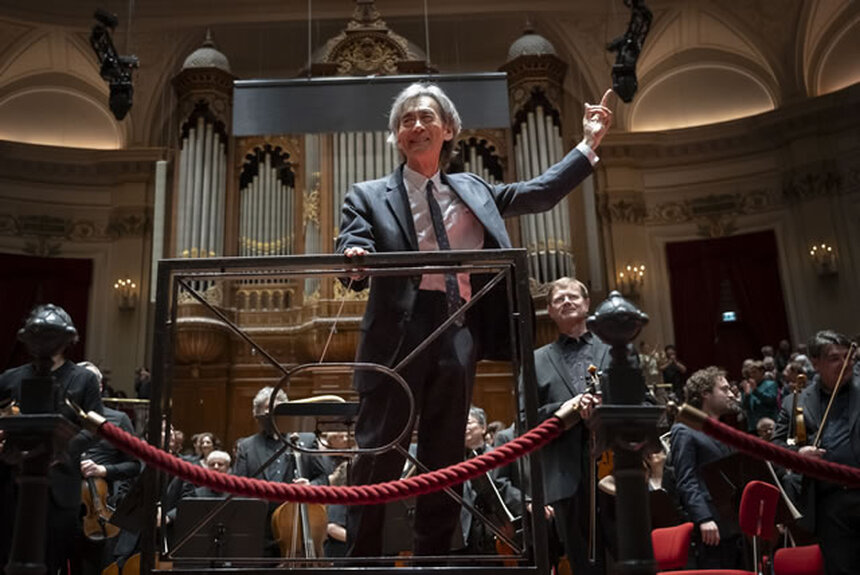
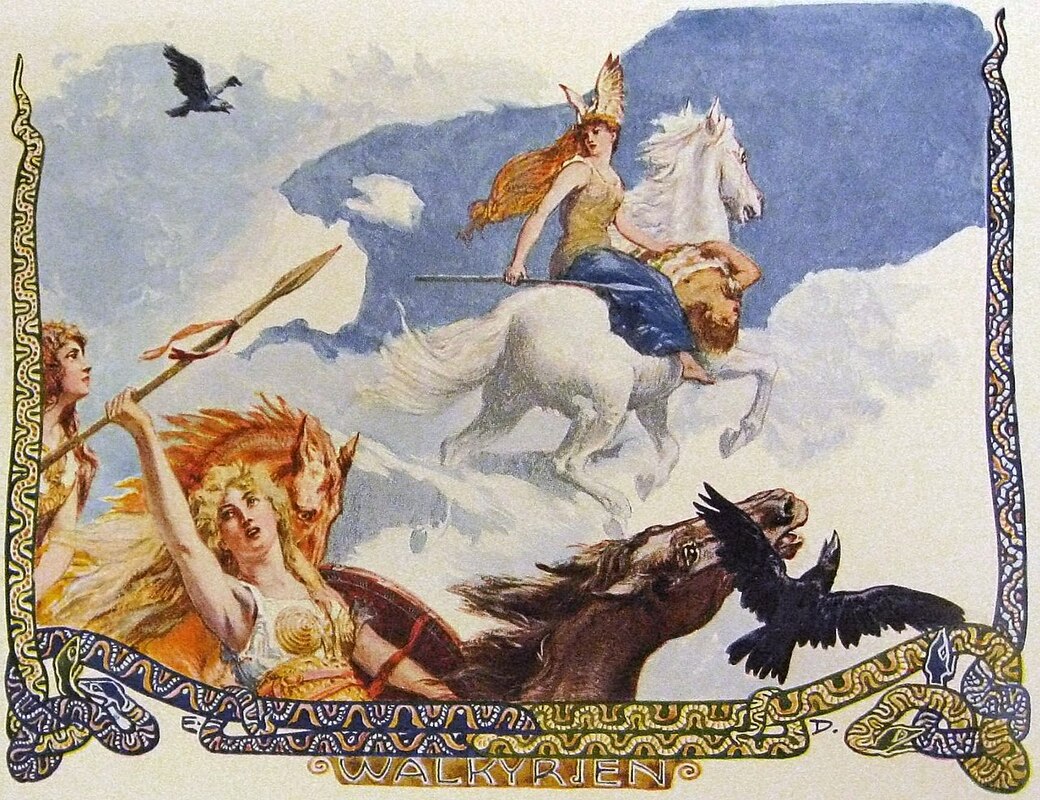
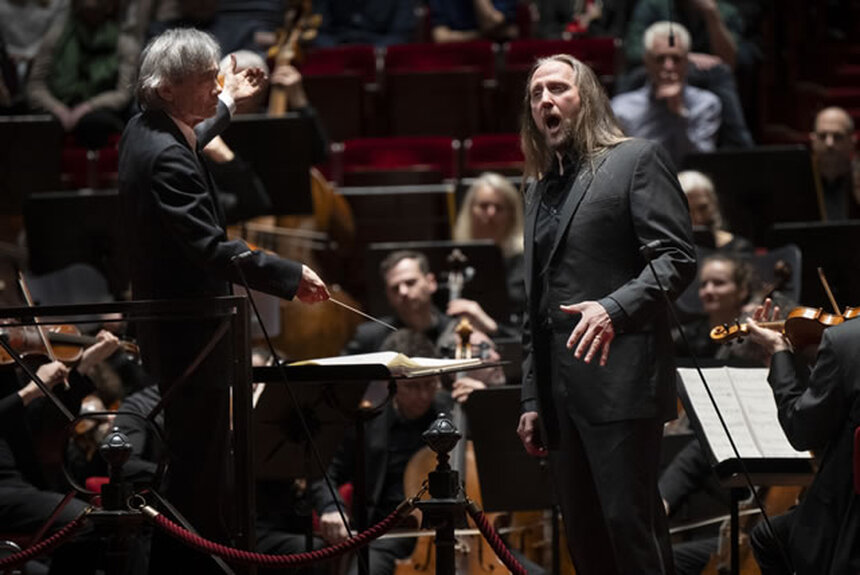
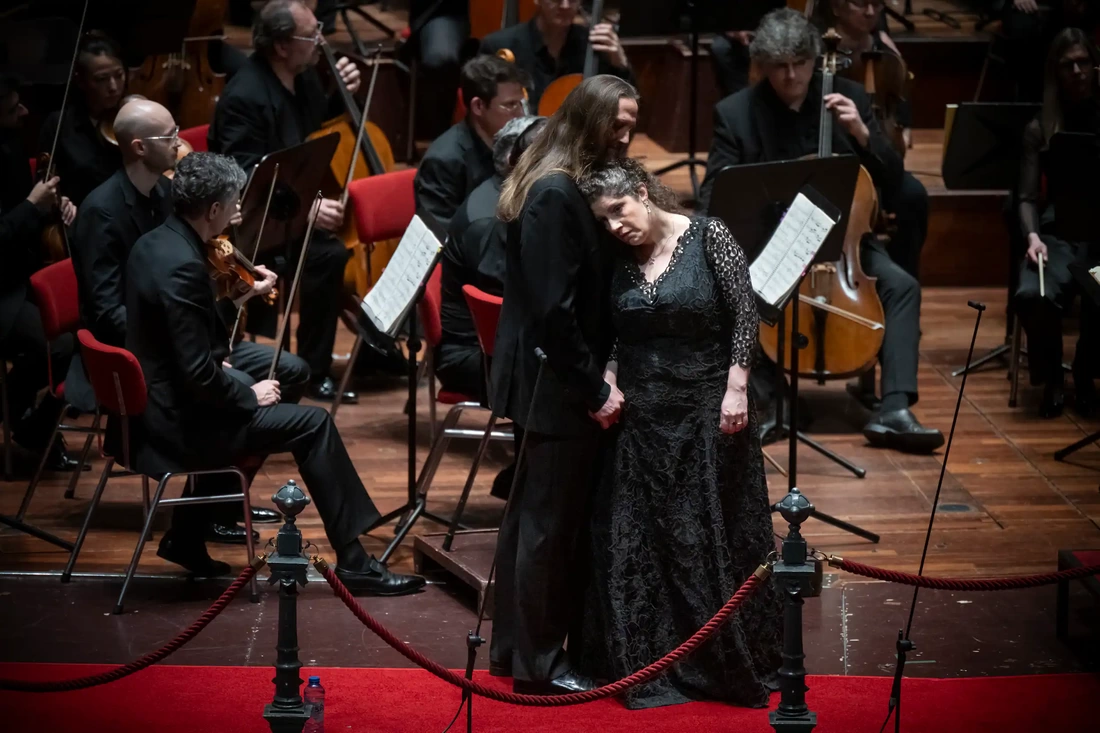
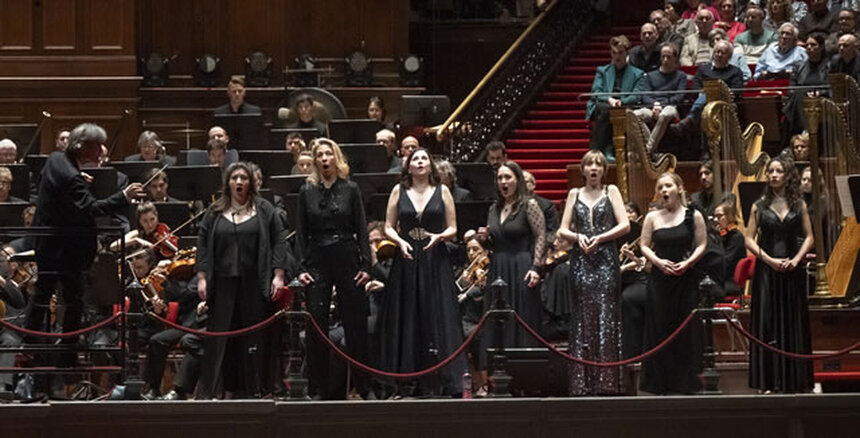
 RSS Feed
RSS Feed